The empirical approach to product development doesn't have to be limited to the fine tuning the product direction, it's equally powerful when applied to the process of developing the product.
Sprint Retrospective meeting provides an in-built approach for the Scrum Teams to inspect and adapt. I observe in most organizations (almost 9 out of 10 times), everyone in organization is looking up to the development team to retrospect and improve their process. Most of the time the implicit desire is for the development team to deliver more features in less time.
What is almost always overlooked is if the Scrum Master is performing her job effectively in helping the Scrum Team become effective, creative and flexible - what the Scrum Team is designed to be.
Usually because the Scrum Master is the only most-Scrum-educated person available. No one (dares/) holds her responsible for improving at her own job, at what is she supposed to do.
Why most of the Scrum retrospective meetings neglect to inspect how the Scrum Master performed during the Sprint?
One common oversight is that Scrum Master by default sends the meeting invites and takes up the role of the facilitator during the Sprint Retrospective meeting. The facilitator by definition doesn't participate / contribute to the conversations as her focus is to hold the space and create structure for the participants to contribute effectively, resulting in the Scrum Master to usually escape the periphery of the retrospection.
Scrum Guide calls out the Scrum Master's service as;
Facilitating Scrum events as requested or needed - Scrum Guide
One good approach to worth giving a try is, to rotate the facilitator and allow the Scrum Master to participate in the Sprint Retrospective meeting with the Scrum Team.
By rotating the facilitator, the Scrum Master also gets the chance to participate in the retrospective, reflect and share her own perspective and analysis of her performance. If she shielded the team well, if she was effective in helping the team to remove the impediments, if she did good in coaching the dev team, the product owner, as well as the organization, etc..
Does your team care and discuss if the Scrum Master performed her duties well during the sprint?
Becoming a real effective Scrum Master is tough journey. Those who are open to seek feedback and look for opportunities to continuously improve their own game, also stand chance to inspire their teams and leaders to improve.
What are your thoughts about the topic?
If you are Scrum Master, how do you ensure to inspect and adapt your own performance?
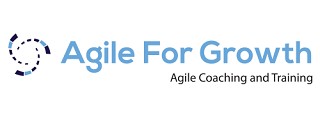


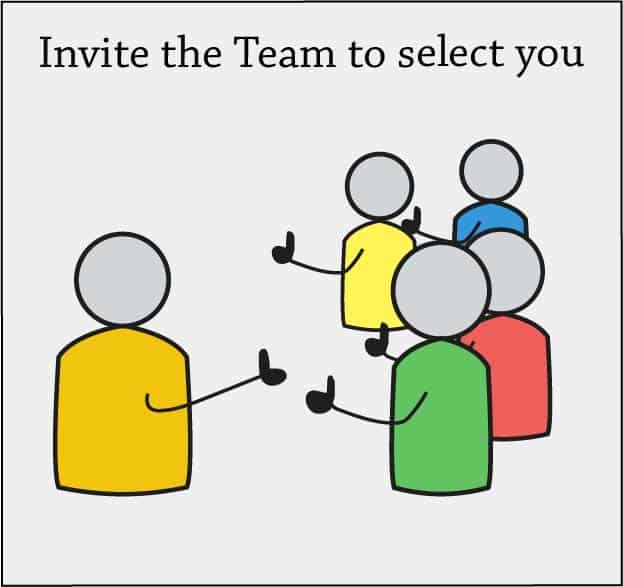
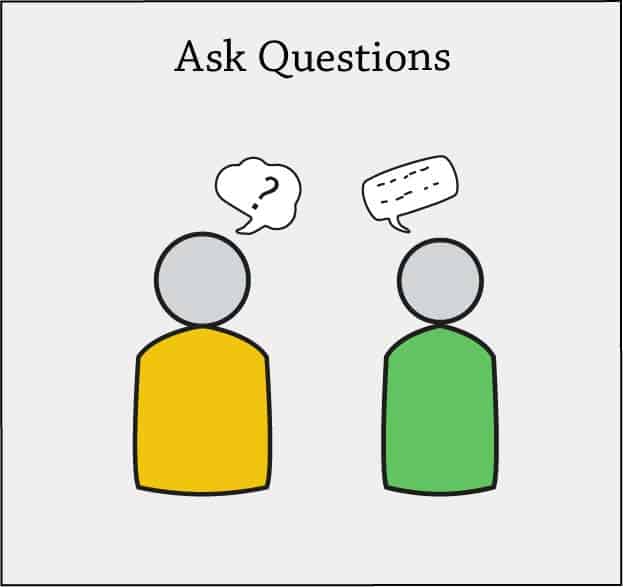

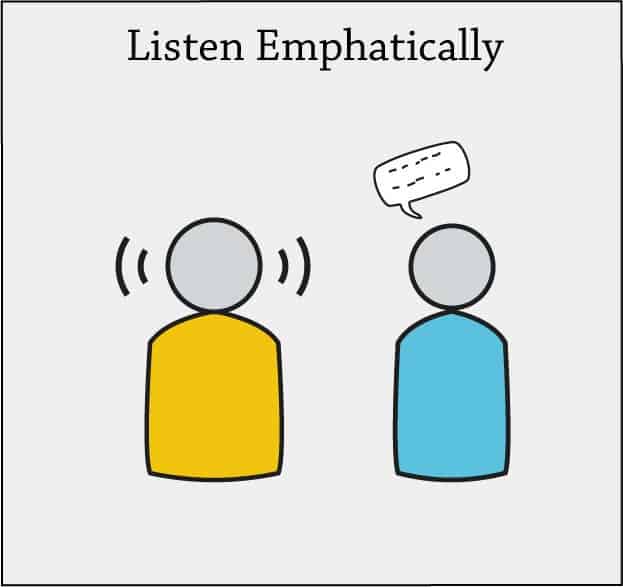
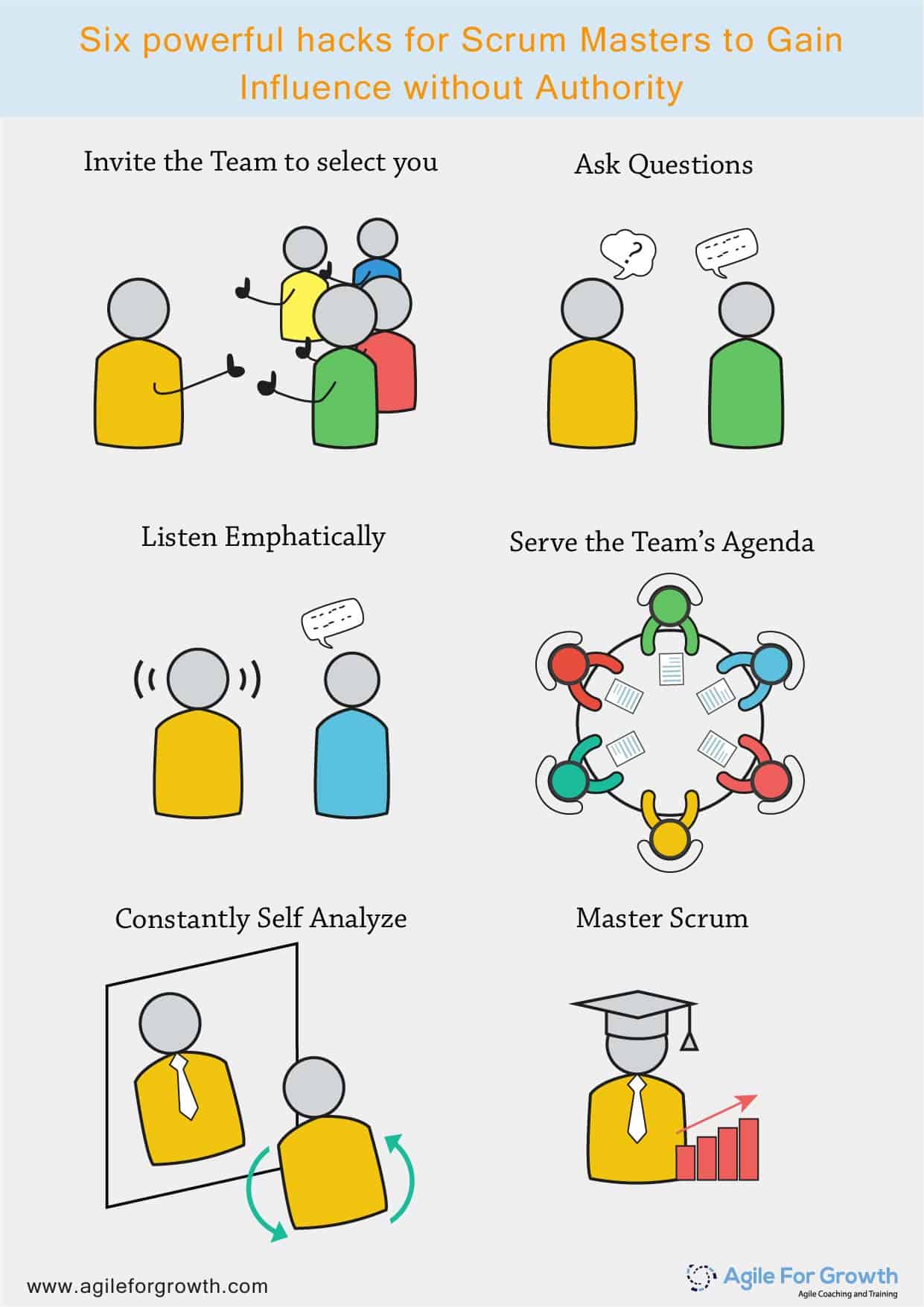

Subscribe To Our Newsletter
Join our mailing list to receive the latest news and updates from our team.
Awesome. You've successfully subscribed.